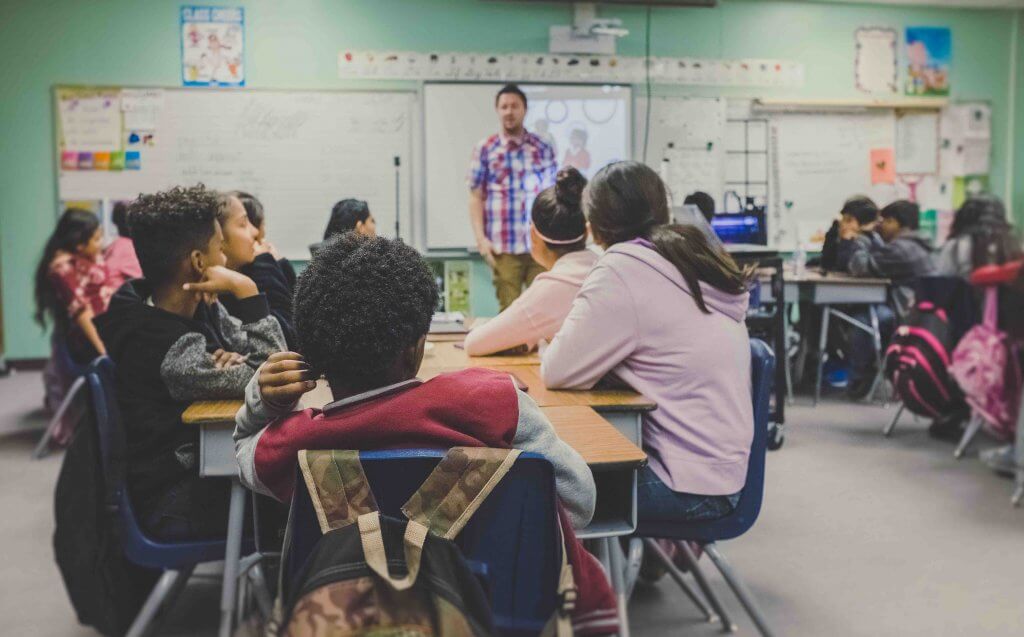Public School Lawsuit Arises Over Aztec Prayer
November 23rd, 2021

A challenge was recently made by a group of parents to a California ethnic studies model curriculum that suggests students engage in an Aztec prayer. The parents argue that the material violates both the U.S. and state Constitutions.
How the Aztec prayer Case Arose
At the center of this case is the Ethnic Studies Model Curriculum, an 800-page document that was adopted by the state of California earlier in 2021. The document is used by the state’s public school system. Among the activities that have been recommended to students in the state of California are affirmations, chants, and energizers that call on spiritual beings from the Aztec religion.
The lawsuit in question was filed against the state of California by the Thomas More Society on behalf of individual parents as well as taxpayers and the organization, Californians for Equal Rights Foundation.
The activities suggested by the non-mandatory model curriculum include an Aztec chant that calls on five spiritual beings worshipped by practitioners of the Aztec religion. In another activity, students engage in an “Ashe” chant or affirmation by repeating the name, “Ashe,” which is the divine force as recognized in the Yoruba religion. These activities are meant to unite the class, bring unity around “ethnic studies principles and values,” and bring energy back to the class following an emotionally draining lesson.
The Laws Involved in the Case
The lawsuit alleges that the use of the Aztec prayer and chants in this manner violates the Establishment Clauses of both the United States and California Constitutions.
Similar to the United States Establishment Clause, the California Constitution’s Establishment Clause also states that the legislature should not make any law respecting an establishment of religion. The Constitution also prohibits public school officials from directing or favoring prayer in their official duties. The United States Supreme Court furthermore prohibited school-sponsored prayer in public schools in a 1962 decision stating that even a voluntary prayer in publi schools violated the First Amendment. Students are permitted to meet and pray on school grounds provided they do so privately and do not force others to do similarly.
Response to the Lawsuit
Legal counsel on behalf of the Thomas More Society has stated that its clients are not against having students learn about different cultures and religions including Aztec practices. This counsel has also commented that the California State Board of Education approved Ethnic Studies Model Curriculum goes beyond these boundaries by suggesting students pray to Aztec deities. As a result, these lawyers argue that the Ethnic Studies Model Curriculum is both offensive and unconstitutional.
Some teachers point out the so-called prayers in question are actually used as greetings to remind students to show love and respect for one another. Roberto Cintli Rodríguez, an emeritus associate professor of Mexican-American Studies at the University of Arizona, stated that one of the “prayers” in question is a concept, not a prayer, similar to the concept of the four elements. “Nobody’s being forced to kneel and pray,” said Rodriguez.
The same group bringing this case, the Californians for Equal Rights Foundation, is fighting so-called “critical race theory” that it claims is being taught in public K-12 schools, which those schools deny.
The Goal of the Universal Life Church
Many of the fundamental laws that address the role of religious rights in the United States arise from the founding of the country. Each week, however, cases still arise that test the nature of these rights. The Universal Life Church’s blog is focused on documenting matters in a way that objectively examines both sides.


